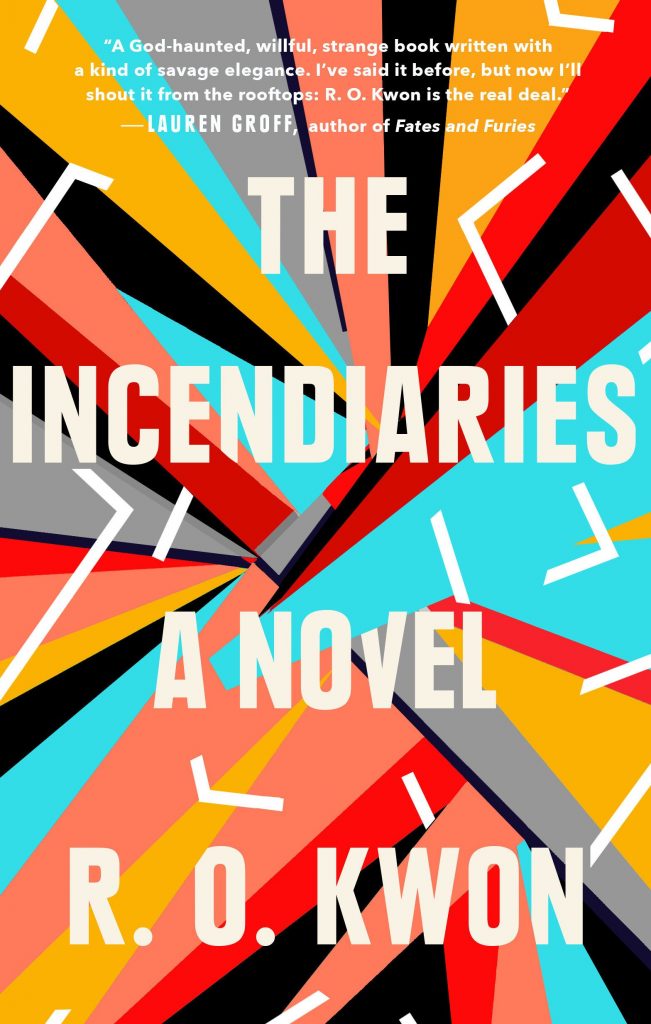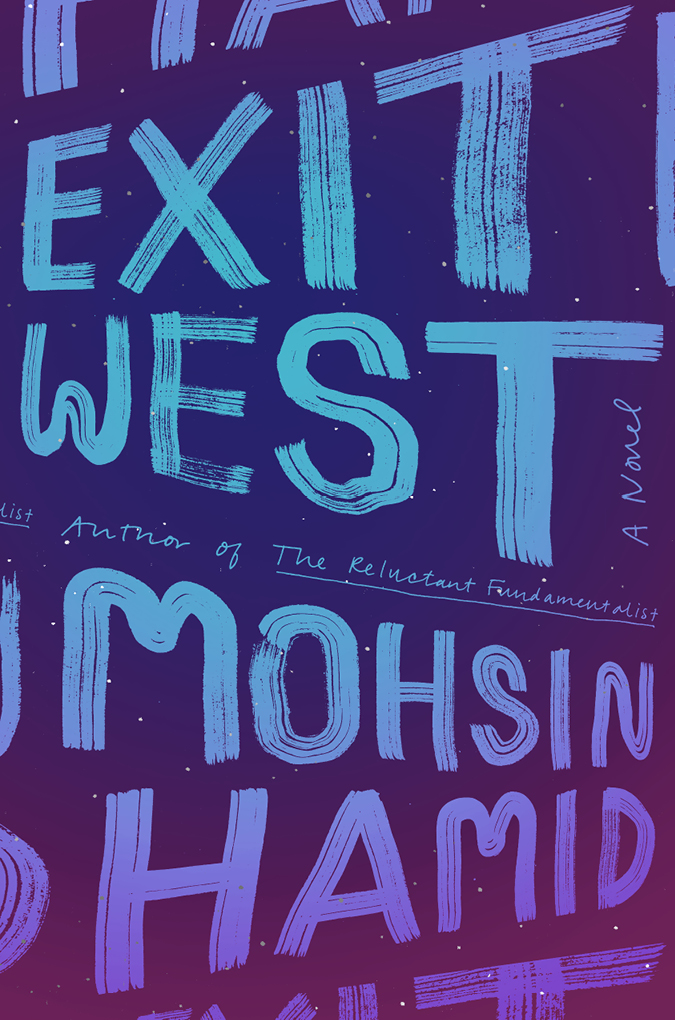
(Riverhead Books, 2018)
REVIEW BY GABINO IGLESIAS
__
R.O. Kwon’s The Incendiaries is a dangerous novel. It pulls readers in with what appears to be a simple but effective plot, lulls them with a prose that constantly explodes in short bursts of poetry, and then drags them down, wild-eyed and incredulous, into a dark, scary, deadly place where shattered love, religious fanaticism, emotional trauma, and terrorism clash. With a strong religious undercurrent and a triumvirate of characters that allow the story to flow forward at breakneck speed, The Incendiaries is the kind of novel that announces the arrival of a unique, talented voice that is not afraid of the dark.
Phoebe Lin meets Will Kendall during her first month at the prestigious Edwards University. She is popular and likes to partake of the local nightlife as well as most of the social events the campus has to offer. However, despite being outgoing and sociable, there’s something at Phoebe’s core that she never shares: she feels guilty for her mother’s recent death. Just like her, Will has something to hide. He’s a bizarre young man on a scholarship who transferred to Edwards from Bible college after having a faith crisis and works as a waiter at a local Italian restaurant to make ends meet. Despite their differences, the two of them fall in love, but that love is threatened when Phoebe starts spending a lot of time with a secretive cult founded by a man called John Leal, a former student with an enigmatic past. However, the situation goes beyond mere jealousy, and when the group perpetrates a violent act in the name of their convictions, Will is forced to confront the fact that the woman he loves is capable of such a thing while also having to deal with once again being in the midst of the religious fanaticism he worked so hard to escape.
There are three elements in The Incendiaries that deserve a moment in the spotlight. The first is the use of language. This relatively short novel possesses great economy of language, but Kwon made sure that every word earned its place on the page. Short chapters and snappy dialogue help the narrative sustain its quick pace, but the author also manages to inject almost every page with a dose of poetry, and that’s what ultimately makes it shine not only in the moment it’s being read but also for weeks after as it is recalled:
“Once, while hiking with my parents, I’d watched a starling flock in motion, the confusion of birds mobbing about like nets full of fish until they’d lifted, all at once, shape-shifting into a braided coil that flung, agile, whip-tight, into the horizon. Pests, my father said—practical, as usual. But I’d thought it an astonishing sight, God’s design made visible, and that was what Phoebe’s playing felt like: the flight of notes rising into shape, a large purpose made plain.”
The second element is the three characters at the center of the novel, which are very different from each other and used in different ways. Will is the main narrator, Phoebe is the changing mystery/floating question mark, and John is the drop of chaotic poison that triggers bad things. Besides the obvious trinity/religious theme, the interaction between these characters, as well as the way Kwon alternates their voices, makes for some engaging, haunting reading. Also, the way Phoebe changes is almost palpable, but there are signs throughout the narrative. Her thoughts are part of what makes this novel the type that demands to be devoured in a single sitting or at least as fast as possible:
“If I were less selfish, I’d have released the hold I had on him, this love-dazed Will, more child than man. But I wasn’t. I couldn’t. He took the stairs to my suite at a full run. Bruises formed at the tops of my thighs. If I went to bed after he did, Will turned toward me, still asleep. I might put my head next to his, but he’d clamp his hot legs around mine. He hauled me in. I tried not to pull loose; still, I did. He protested. Insistent, not quite conscious, he reached for me again. I listened to his pulse. His soft, thin hairs, dandelions strands, shifted between my lips. I breathed them in. Here’s a wish, I thought. Don’t let me go. Until Will, I drifted; he attached me to this patch of earth. He clung all night.”
Lastly, there is enough darkness here to satisfy fans of creepy thrillers and even lovers of horror fiction. That Kwon keeps her writing comfortably rooted in literary fiction does nothing to diminish the impact of the themes discussed and the awful act in the last third of the book. This courage to take the story into very gloomy, dangerous, bloody places pushes The Incendiaries into must-read terrain. The fact that all this happens on a thick layer of religion is just a bonus and a sharp comment on our current sociopolitical landscape:
“The Lord had peeled the flesh of His corpse. He had spread it as a bloodied veil upon this earth, a flailed red carpet to ease His people’s fall. Others might ask how long, but he could wait. Faith is a long patience. Minutes tremble, he told his group, with the hope of revelation. Each particle of dust breathes forth its rejoicing. The stripped Nozhurst trees spelled out the Lord’s writing, if they’d learn to see it. God is, not was. He, John Leal, had called them as heroes. The Lord had laid His hands upon their heads.”
The Incendiaries is one of those deceptively simple novels that eventually turn out to be a multilayered marvel of interconnected narratives. The tale constantly shifts and, like a scared animal, seems to run away from the light that bathes it at the beginning and ends up curled in the dimmest place available. At once a love story, an examination of guilt and loss, and a sharp look at religious fanaticism once it abandons the realm of discourse and enters that of irreversible action, this novel is a superb debut by an author with an authoritative voice, poetic voice.
—
Gabino Iglesias is a writer, journalist and book reviewer living in Austin, Texas. He is the author of the novel “Zero Saints,” the book review editor for Pank Magazine, and a columnist at LitReactor. You can find him on Twitter at @Gabino_Iglesias.
![[PANK]](https://pankmagazine.com/wp-content/themes/pank/assets/images/pank-logo-large.png)

